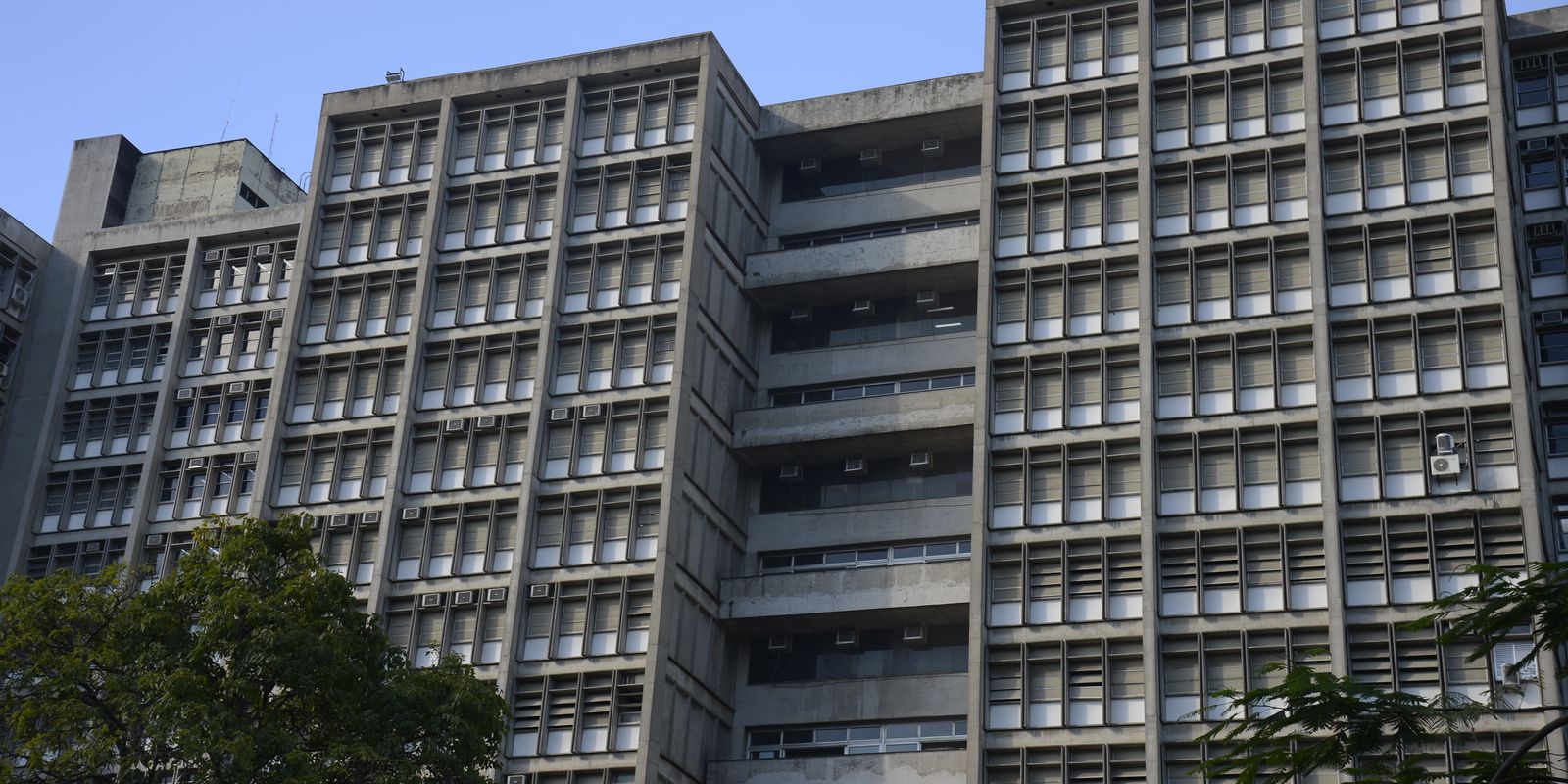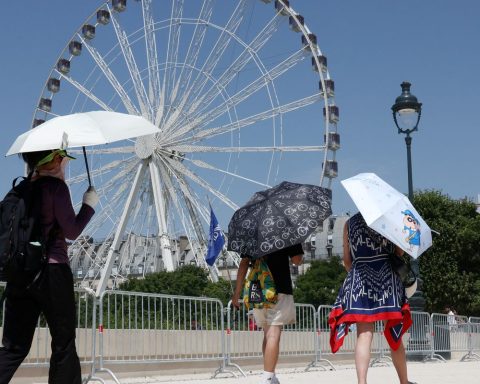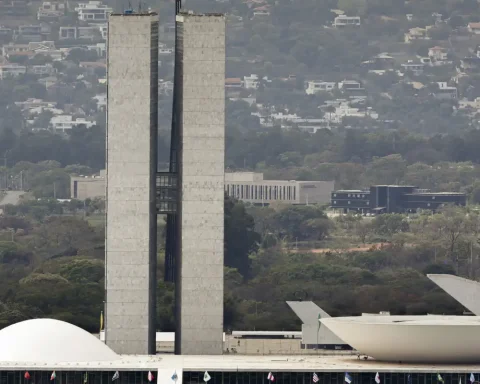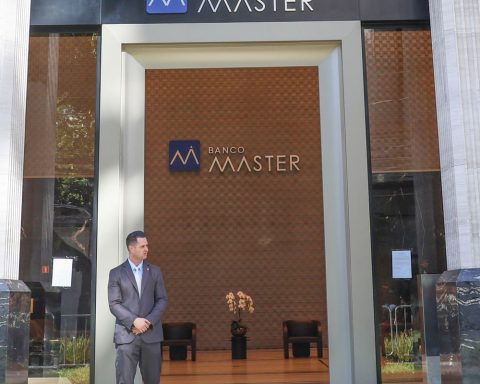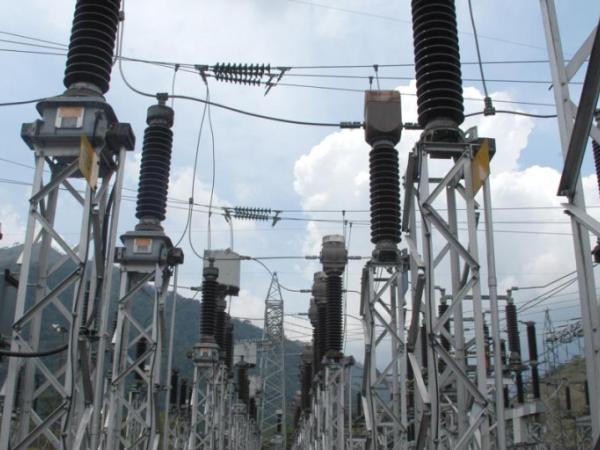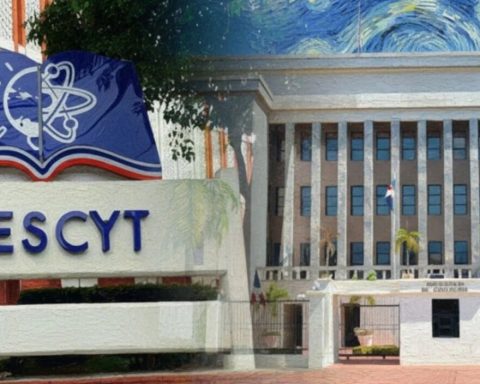Classes at the Maracanã Campus of the State University of Rio de Janeiro (Uerj) will resume this Tuesday (24), the institution’s press office reported. Last Saturday (21), the Civil Police carried out an inspection of the entire João Lyra Filho Pavilion, which is located in this campus Maracanã. On Monday morning (23), members of the rectory and management of Uerj inspected the building.
Several structural damages were identified, such as broken walls, doors and sinks, as well as damage to furniture. In addition, the university found that computers had been opened and their hard drives (HDs) removed. The internal HDs contained sensitive personal information, as well as research data. The university opened an investigation to determine who was responsible for the damages and also for the disappearance of the HDs.
After 56 days of occupationUerj students were removed from the João Lyra Filho Pavilion, the main building of the Maracanã Campus, on Friday (20). They failed to comply with the deadline given by the Court for them to leave the building and, with judicial authorization, the Military Police entered the premises to remove them.
There was a confrontation, police used stun grenades, and students retaliated with stones. Students were even detained. Federal deputy Glauber Braga (PSOL-RJ) was also detained while defending the students.
Claims
Students are protesting against changes to the rules for granting scholarships and assistance grants to students. They are demanding the repeal of Executive Administrative Decision Act 038/2024, which establishes, among other measures, that food assistance be paid only to students whose courses are based in campuses that does not yet have a university restaurant. The value of the food allowance will be R$300, paid in monthly installments, according to budget availability.
Furthermore, the UERJ act establishes as a limit for receiving aid and the Social Vulnerability Support Grant the following: a gross family income per person equal to or less than half the minimum wage in effect at the time the grant is granted. Currently, the amount is equivalent to up to R$706. To receive aid, income must be proven through the Socioeconomic Assessment System.
The new rules, according to Uerj itself, exclude more than 1,000 students, who no longer meet the requirements for receiving scholarships.
Uerj recalls that the vulnerability grants were created under the exceptional regime of the pandemic and that their payment was conditioned on the existence of resources. According to Uerj, the aid continues to be offered to 9.5 thousand students, out of a universe of 28 thousand students, and all those who are in a vulnerable situation continue to be served.
Transition rules
Throughout the occupation, there were clashes between students and the university. Both the rectorate and the students claimed there was no room for negotiations. UERJ did not back down from the act, but established a transition period until the new rules come into effect.
Transitional measures include the payment of R$500 to students who no longer meet the rules of the Social Vulnerability Support Grant, the payment of R$300 in transportation assistance and zero fares at the university restaurant or a food assistance of R$300 in campuses without a restaurant. The measures are aimed at students in social vulnerability with income per capita family above 0.5 to 1.5 minimum wage and are valid until December.
Without negotiation, the case ended up in court. On the 17th, a conciliation hearing was held, but no agreement was reached. The judge ordered the university to be vacated, but guaranteed the students’ right to make their demands. The judge also scheduled a new special hearing for October 2nd, with the aim of seeking an agreement on the amounts of scholarships and other aid.
